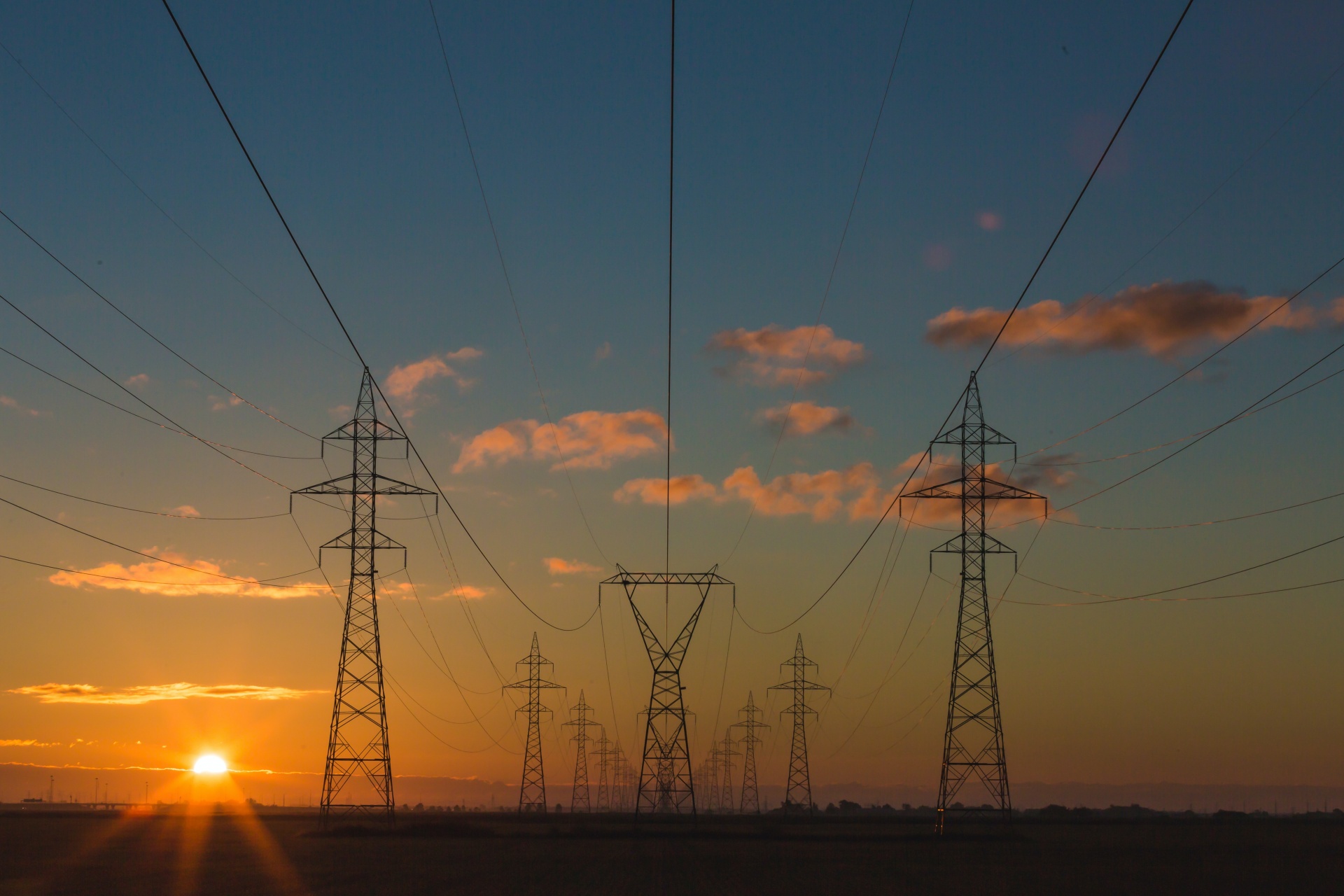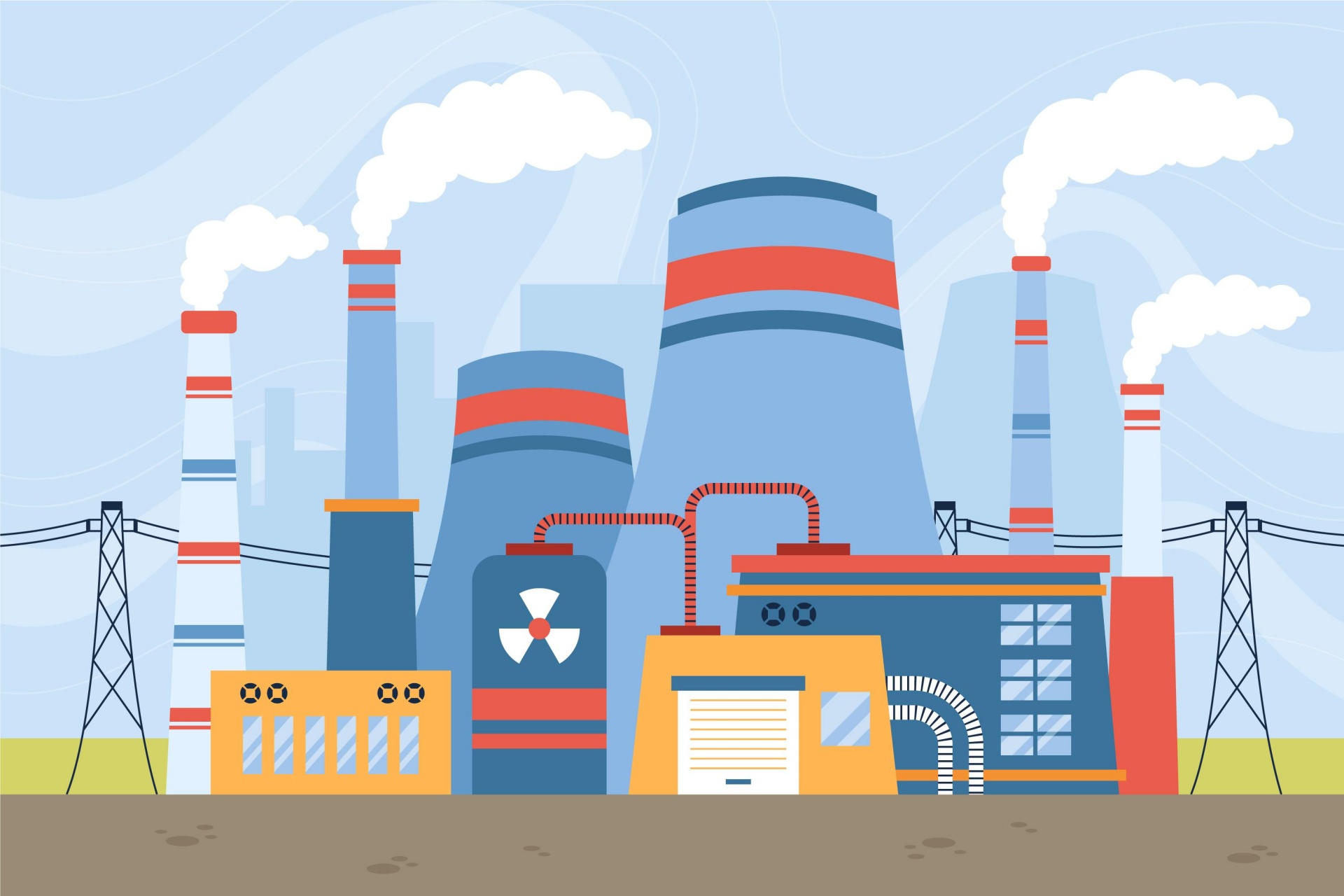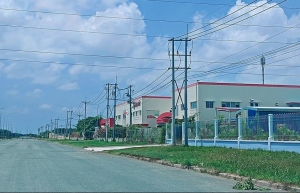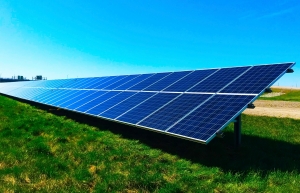Decades-long delays trigger power supply shortages
 |
His remarks were made at a workshop hosted jointly by the Vietnam Energy Association, Vietnam Electricity Corporation (EVN), Vietnam Oil and Gas Group (PetroVietnam), and Vietnam Minerals Corporation (Vietnam National Coal and Mineral Industries Group) on July 28.
Decelerating progress: the stumbling blocks for dozens of coal power projects
Under the revised Power Development Plan VIII (PDP8), 37 approved coal-fired power projects totalling a 35,112MW capacity were slated for operation between 2016 and 2030. During this period, only 12 projects, boasting a combined capacity of 8,700MW, have been successfully put into operation. An energy deficit of 26,412MW remains due to protracted project delays.
Major infrastructural projects, such as the Song Hau 1 and Thai Binh II thermal power projects, both having a capacity of 1,200MW, have been significantly delayed. Song Hau 1 was initially scheduled for completion in 2019, but only managed to add a 600 MW unit to the grid in 2020, with the project only reaching completion by May 2022. Thai Binh II, planned to start operations between 2017-2018, only managed to connect its first unit to the grid in 2022, with full completion achieved in April 2022.
Simultaneously, the 1,200MW Long Phu I thermal power project was nearly 78 per cent complete when it was abruptly halted due to US imposed sanctions on its Russian contractor, Powermachine. The project's future remains uncertain.
Other projects experiencing delays include the 600MW Cong Thanh thermal power project and the 110MW Na Duong II thermal power project, the latter of which hasn't even broken ground.
Moreover, the An Khanh Bac Giang project, a 650MW initiative scheduled to begin between 2022-2023, is now predicted to be delayed until 2026. Similarly, the Nam Dinh I BOT thermal power project, a 1,200MW venture expected to commence operations during 2021-2022, is currently starved for funds and has yet to finalise negotiation procedures.
In northern Vietnam, six delayed projects have contributed to a 4,200MW shortfall in coal power, causing recent power shortages in the region. Meanwhile, in the central region, the 1,200MW Quang Trach I project, which was anticipated to be operational by 2021, has been taken over by a new investor, with construction underway and expected to conclude by 2025. Yet, the Quang Trach II project has been eliminated from the PDP8.
The Quang Tri BOT project, with a capacity of 1,200MW, was set to commence operation in 2023-2024. But after several years of stagnation, the Thai investor has requested to halt the development.
Beyond the lags, 15 projects with a total capacity of 14,740MW were halted or considered unfeasible between 2016 and 2030. These include the Cam Pha III, Rang Dong, Hai Phong III, Vung Ang III, Long An I, Tan Phuoc I & II, Bac Lieu, and Long Phu I & II thermal power projects.
Decade-long gas project delays
Tuan also highlighted significant delays in major gas power projects, with the O Mon IV project running over 12 years behind schedule. According to the seventh adjusted power development plan, 26,640 MW of gas turbine capacity was expected to come online between 2016 and 2030 across 20 projects. Yet, ten domestic gas projects with a total capacity of 8,740MW have been delayed due to a host of issues.
First on the list is the Block B - O Mon gas-electricity endeavour, with a planned capacity of 3,750MW. Initial operations started with the O Mon I unit in 2009. The O Mon III gas turbine was then scheduled for launch in 2012, but following adjustments in the seventh power development plan, this was deferred to 2020, with the O Mon IV set to follow in 2021.
Presently, the O Mon IV is projected to become operational only by 2026, marking a substantial delay of over 12 years.
In a recent move, EVN, the primary investor for O Mon III and IV, suggested handing these projects over to PetroVietnam, which could potentially prolong the handover process further.
Secondly, the Blue Whale gas-to-power project, slated to supply gas to power plants in the Chu Lai and Dung Quat regions, has been hit by roadblocks. This ambitious initiative, consisting of five electricity projects with a total capacity of 3,750MW, was approved under the sixth power development plan adjustment.
Although operations were expected to commence during 2023-2024, no phase of this fuel chain project has materialised, largely due to protracted negotiations with US' ExxonMobil. Moreover, land clearance for the onshore pipeline continues to pose significant challenges.
Thirdly, the Son My LNG terminal and power plant project chain, with a capacity of 4,500MW, is experiencing delays. Originally included in the seventh power development plan for operations beginning in the 2018-2020 period, it was subsequently postponed to the 2023-2026 period under the adjusted seventh power development plan. The Son My I and II power source projects have been compelled to change investors, and they are currently still refining the feasibility study, with no tangible implementation to date.
 |
Lessons for the future: key insights for PDP8
"Reflecting upon the past decade of power development, we find that many traditional power projects have been delayed or were unable to proceed due to a variety of issues including difficulty in capital mobilisation, fuel supply constraints due to a shortage of domestic coal, regulatory obstacles and management hurdles. In addition, some project owners have been slow to execute, altering shareholdings or entering into joint ventures due to insufficient technical and financial capacities," said Tuan.
From the revised seventh power development plan, Tuan extracted crucial lessons for the successful deployment of the eighth plan. He stressed the importance of the Ministry of Industry and Trade (MoIT) creating a comprehensive 5-year plan detailing the rollout of activities, allocating renewable energy capacities from regional to provincial levels, and swiftly appointing investors for pivotal projects. He also underlined the need for real-time monitoring mechanisms to ensure the construction of power sources and grid infrastructure.
He also advised for stricter oversight from both the government and the MoIT, to prevent long-term project delays. For crucial gas-electricity chains such as the Block B - O Mon and Blue Whale, intervention by authorities to eliminate roadblocks is essential to avoid setbacks, bolster energy security, and minimise import dependence.
Tuan also emphasised the need for diverse financing strategies for large-scale power projects. He proposed the consideration of government guarantees for priority projects, adjustment of mechanisms to reduce risk exposure for BOT investors, and establishment of appropriate power purchase agreements to mitigate risks for investors. This could pave the way for private sector participation in transmission grid infrastructure in areas that do not impact power supply security.
Addressing the future of LNG power as a viable alternative to coal, Tuan recommended the prompt establishment of detailed plans outlining potential locations and investor selection.
Finally, to ensure the appointment of competent contractors with sufficient capital, financial robustness, and technical expertise, Tuan recommended the creation of a competitive tendering process for renewable energy projects.
He stressed the need for speedy research and introduction of support mechanisms for energy storage, ensuring investments in these areas and guaranteeing the successful mobilisation of renewable energy resources.
 | Supply shortages remain in industrial property frame New supply in the industrial real estate market will slow in the second half due to the influence of legal procedures as well as a decrease in demand from the manufacturing industries. |
 | DBS Bank empowers Vietnam's green revolution In an exclusive interview with VIR’s Luu Huong, Yulanda Chung, head of Sustainability, Institutional Banking Group at DBS Bank discussed how the bank has embraced the opportunity in Vietnam to harness the power of banking to create a positive impact. |
What the stars mean:
★ Poor ★ ★ Promising ★★★ Good ★★★★ Very good ★★★★★ Exceptional
Related Contents
Latest News
More News
- VNPAY and NAPAS deepen cooperation on digital payments (February 11, 2026 | 18:21)
- Vietnam financial markets on the rise amid tailwinds (February 11, 2026 | 11:41)
- New tax incentives to benefit startups and SMEs (February 09, 2026 | 17:27)
- VIFC launches aviation finance hub to tap regional market growth (February 06, 2026 | 13:27)
- Vietnam records solid FDI performance in January (February 05, 2026 | 17:11)
- Manufacturing growth remains solid in early 2026 (February 02, 2026 | 15:28)
- EU and Vietnam elevate relations to a comprehensive strategic partnership (January 29, 2026 | 15:22)
- Vietnam to lead trade growth in ASEAN (January 29, 2026 | 15:08)
- Japanese business outlook in Vietnam turns more optimistic (January 28, 2026 | 09:54)
- Foreign leaders extend congratulations to Party General Secretary To Lam (January 25, 2026 | 10:01)

 Tag:
Tag:




















 Mobile Version
Mobile Version